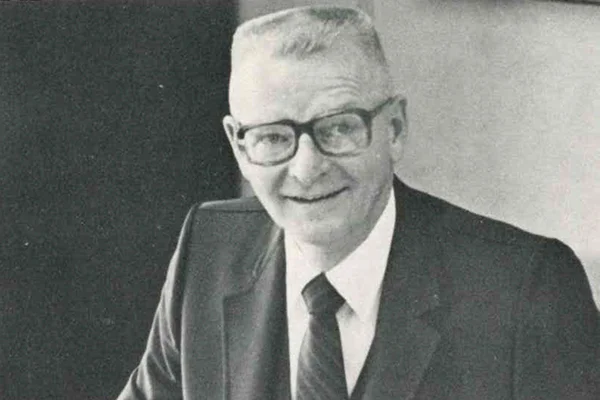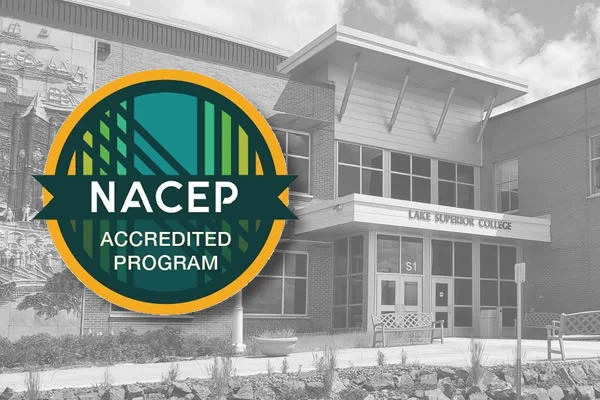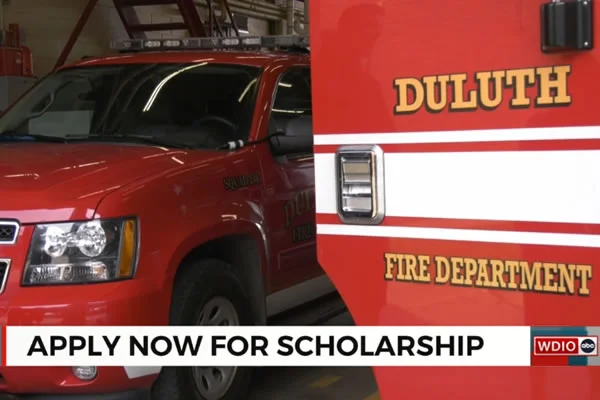
Lake Superior College has received a $98,938 grant from the U.S. Department of Education to help train LSC cybersecurity students on the growing security risk offered by IoT (Internet of Things) devices.
IoT devices are in everything from cars to security systems to thermostats and appliances and are connected to homes and businesses through the Internet but very few of them have cybersecurity controls in place. There are more than 12 billion devices that can currently connect to the Internet and researchers at the International Data Center estimate that by 2020, there will 26 times more connected things than people.
“IoT attacks will become more prevalent because of the exponential growth of IoT devices,” said nationally recognized cybersecurity expert Vickie McLain, who is a computer information systems instructor at LSC. “These devices are also found throughout the power, fuel and transportation infrastructures.”
According to McLain, there are very few people trained in IoT security and little IoT curriculum. LSC plans to capitalize on its existing cybersecurity training lab comprised of various organizations that include finance, transportation, manufacturing, education, government and healthcare. The IoT lab equipment includes mini power grids, traffic lights and a conveyor belt that will be integrated into the current lab along with specific curriculum. Students will complete actual cybersecurity cases that start with a breach and may include forensics, reporting and mitigation. Traffic lights will be integrated into various businesses, such as the transportation business. Conveyor belts will be integrated into the manufacturing business.
Students participating in this program will work with data, software and policies similar to what they would find when working in various organizations. In addition, other students will attempt to hack into their organization and steal their data or disrupt operations. Students will need to deal with the logical consequences of their business decisions in real time. With the addition of the cyber physical devices, they will also need to learn how to defend IoT devices and SCADA controls.
Lake Superior College is a designated a National Center of Academic Excellence in Cyber Defense by the National Security Agency (NSA) and the Department of Homeland Security (DHS). LSC is the only two-year community and technical college in the Minnesota to earn this designation.
LSC Computer Information Systems faculty members Vickie McLain and Anup Parajuli were recently recognized with a Minnesota State Excellence in Curriculum Programming Award for the Cybersecurity Program.
LSC has taken a leadership role in providing focused cybersecurity education through a number of initiatives. Lake Superior College offers a Network Administration and Cybersecurity AAS degree that is available online or on campus. It is nationally ranked as one of top 25 best online Associate Degrees in Cybersecurity and as a top ten most affordable online Associate’s Degree in Cybersecurity.
LSC students can also access a CyberCorps Scholarship for Service with St. Cloud State University. The nationally funded scholarship program supports LSC students with AAS degrees to transition to a four-year degree in cybersecurity through a fully funded cyber scholarship program that includes student mentors from the university working with the LSC students. A transfer agreement with St. Cloud State University allows LSC students to transfer and complete their bachelor’s degree on the SCSU campus.
LSC’s popular and free summer high school GenCyber camps provide the opportunity to introduce high school students to the world of cybersecurity through hands-on workshops. GenCyber camps are tentatively scheduled for June 2019.





